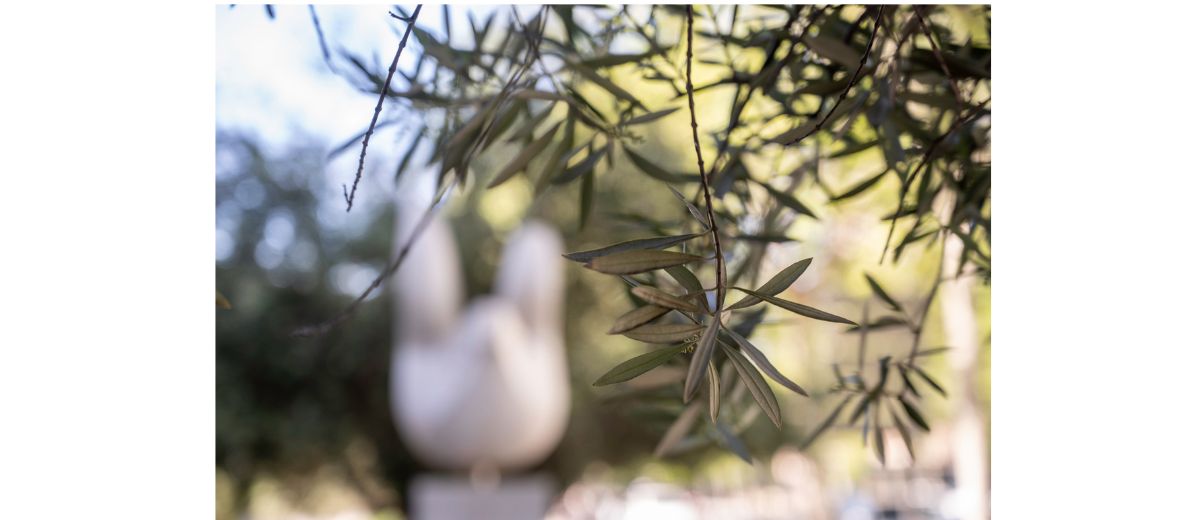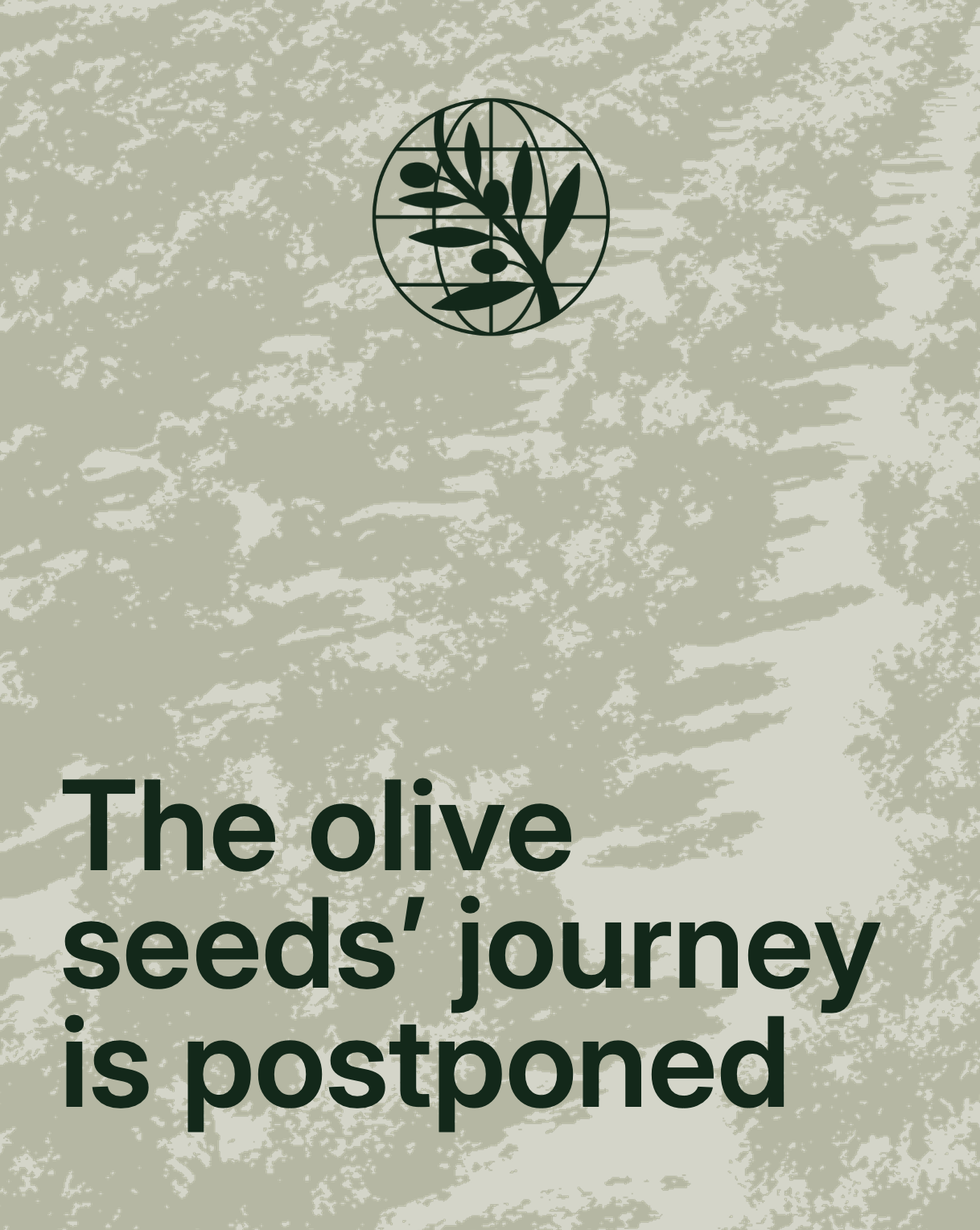In its ongoing mission to raise awareness of the health, cultural, and sustainability benefits of olive oil, the International Olive Council (IOC) recently participated in an international conference organised by the Tunisian Permaculture Association (ATP) in collaboration with the Tunisian Network for Agroecological Transition (RTTA). The event, entitled “Agroecology and Mediterranean Diet Days,” was held at the Cité des Sciences in Tunis from 27 November to 1 December 2024.
The conference highlighted olive oil’s dual significance as both a dietary staple and a driver of social and economic sustainability. Olive oil production supports rural communities by preserving agricultural traditions and ensuring fair compensation for small-scale farmers. It empowers local cooperatives, promotes equitable trade practices, and provides opportunities for women to play leading roles in production and management. These efforts strengthen the social fabric of rural areas while fostering economic growth.
During a roundtable discussion with Tunisian olive oil producers, the IOC, who on this occasion was represented by Imene Trabelsi, Head of the Promotion Department, explored how olive cultivation contributes to regional development, eco-tourism, and the preservation of cultural heritage. Regions known for olive oil production often attract visitors seeking authentic food experiences, which further benefits local economies and communities.
The Mediterranean diet, with olive oil at its core, represents more than a way of eating—it embodies a lifestyle rooted in sustainability, cultural identity, and environmental stewardship. By choosing fair trade olive oil, consumers support these values and contribute to a more equitable global food system.
The IOC remains committed to advancing the olive sector worldwide by promoting its social, economic, and environmental contributions.










